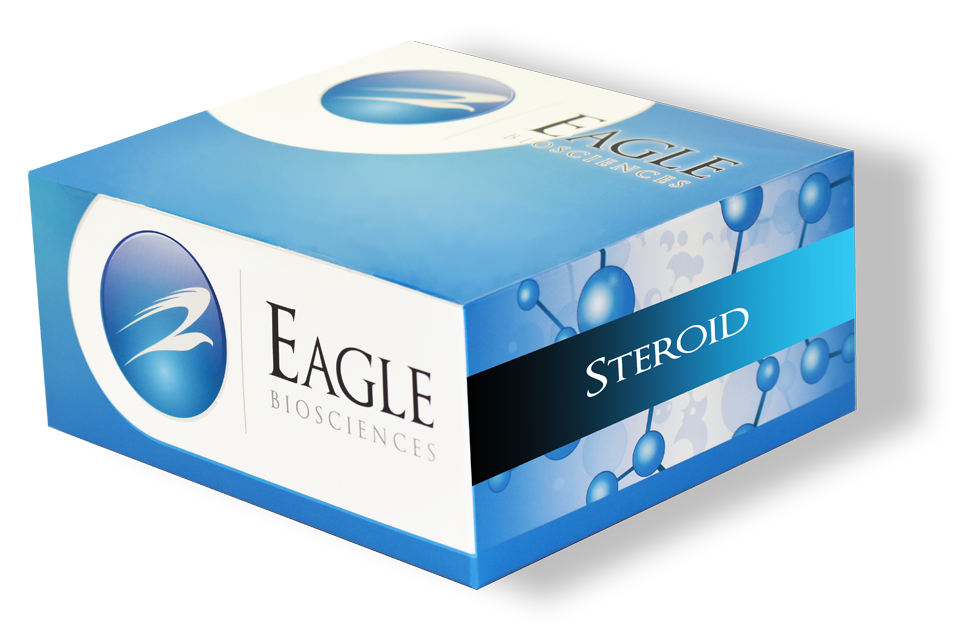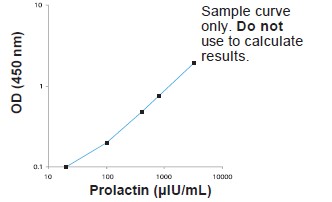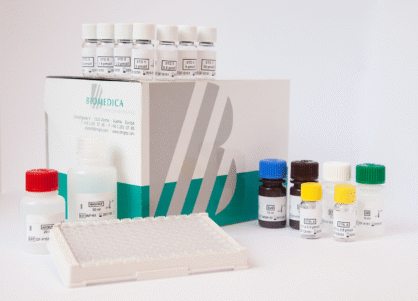Prolactin ELISA Kit
Prolactin is a peptide hormone primarily secreted by the anterior pituitary gland, playing a key role in lactation by promoting milk production in mammary glands. Beyond its well-known function in reproduction and breastfeeding, prolactin also influences immune regulation, metabolism, and behavior. Its secretion is regulated by various factors, including dopamine, which inhibits prolactin release, and physiological stimuli such as pregnancy and stress. Because prolactin levels fluctuate based on these conditions, it is an important hormone reflecting both endocrine and physiological status.
In clinical and research settings, prolactin is used as a biomarker to diagnose and monitor disorders related to pituitary function, such as prolactinomas (prolactin-secreting tumors), hypopituitarism, and causes of amenorrhea or infertility. Elevated prolactin levels (hyperprolactinemia) can lead to symptoms like galactorrhea, menstrual irregularities, and infertility, making its measurement essential in reproductive endocrinology. In research, prolactin is studied for its roles in immune response, stress adaptation, and its potential involvement in certain cancers, providing insight into its broader physiological and pathological significance.
This Prolactin ELISA Kit is manufactured in USA by Eagle Biosciences.




